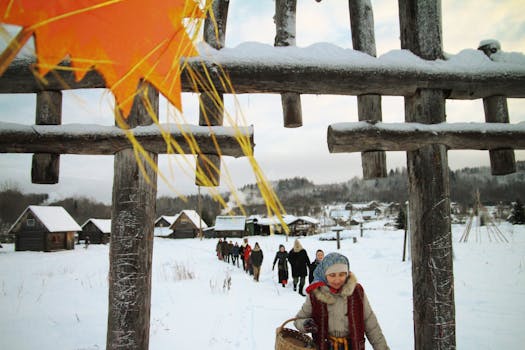Deal or No Deal? Zimbabwe Still Divided Over Land 25 Years After White Farmers Evicted
The eviction of white farmers from Zimbabwe 25 years ago is still a contentious topic. We speak to citizens and farmers to understand the ongoing debate over land ownership in the country.
The Eviction Saga
In the early 2000s, then-President Robert Mugabe implemented a policy of land redistribution, which led to the eviction of white farmers and the seizure of their land by the government. This policy has been a source of tension and controversy ever since, with critics arguing that it has led to a decline in agriculture production and contributed to the country's economic crisis.
The Pro-Redistribution Perspective
Many black Zimbabweans, who believe that the land should be redistributed to correct historical inequalities and provide opportunities for those previously excluded, support the policy of land redistribution. They argue that the land was stolen from them during colonial times, and it is time for them to take back what is theirs.
The Against-Redistribution Perspective
Others, who argue that the land should not be redistributed, point to the decline in agriculture production, which has led to food shortages and poverty. They state that the government's handling of the redistribution process has been chaotic and inefficient, and that the new farmers have not been given the support or resources necessary to make the scheme successful.
The Legacy of Conflict
The story of the evicted white farmers and the ongoing debate over land ownership reflects the deep-seated racial and political tensions that continue to plague Zimbabwe. It is a complex issue that continues to be a significant driver of the country's social and economic trajectory.




